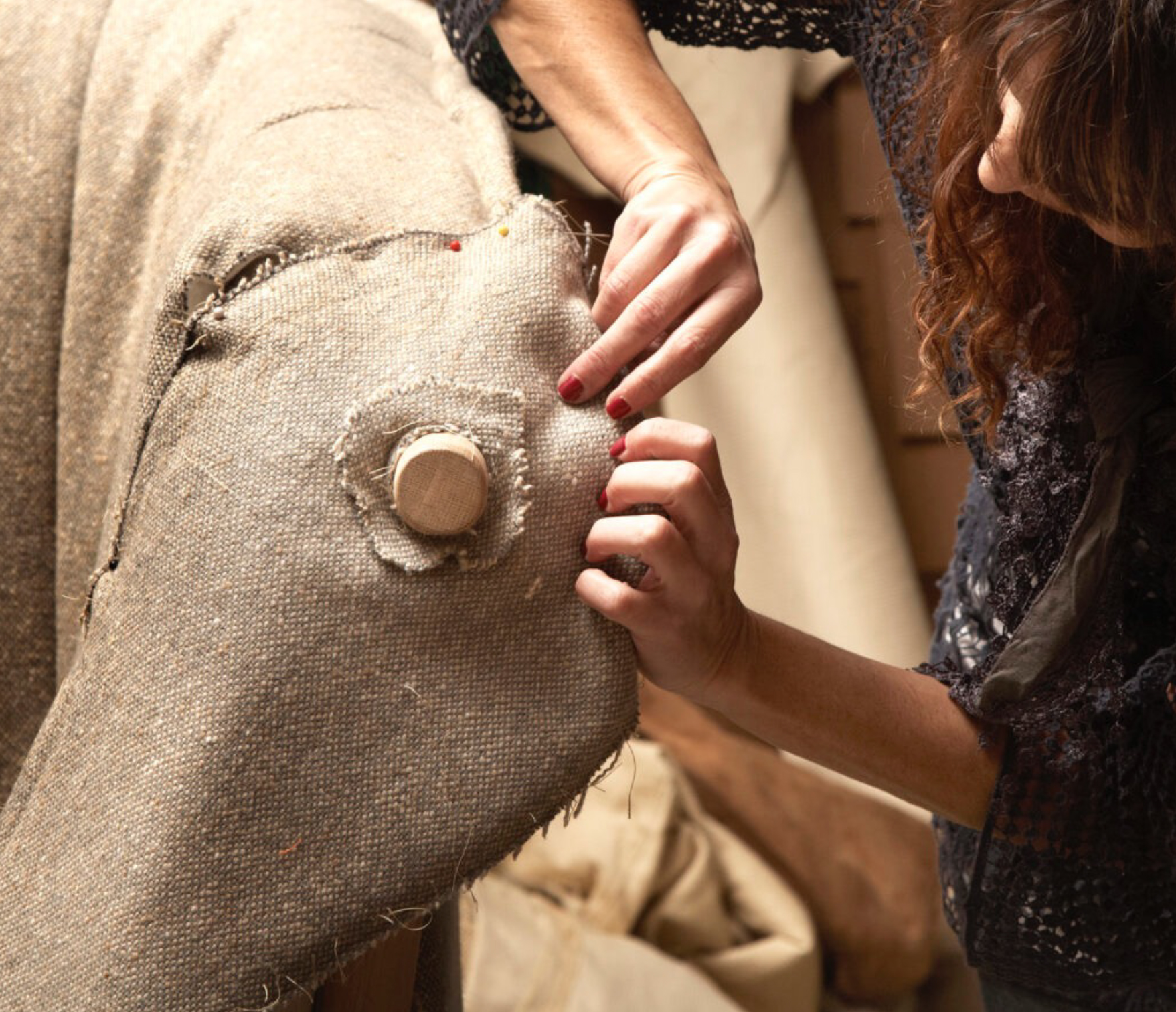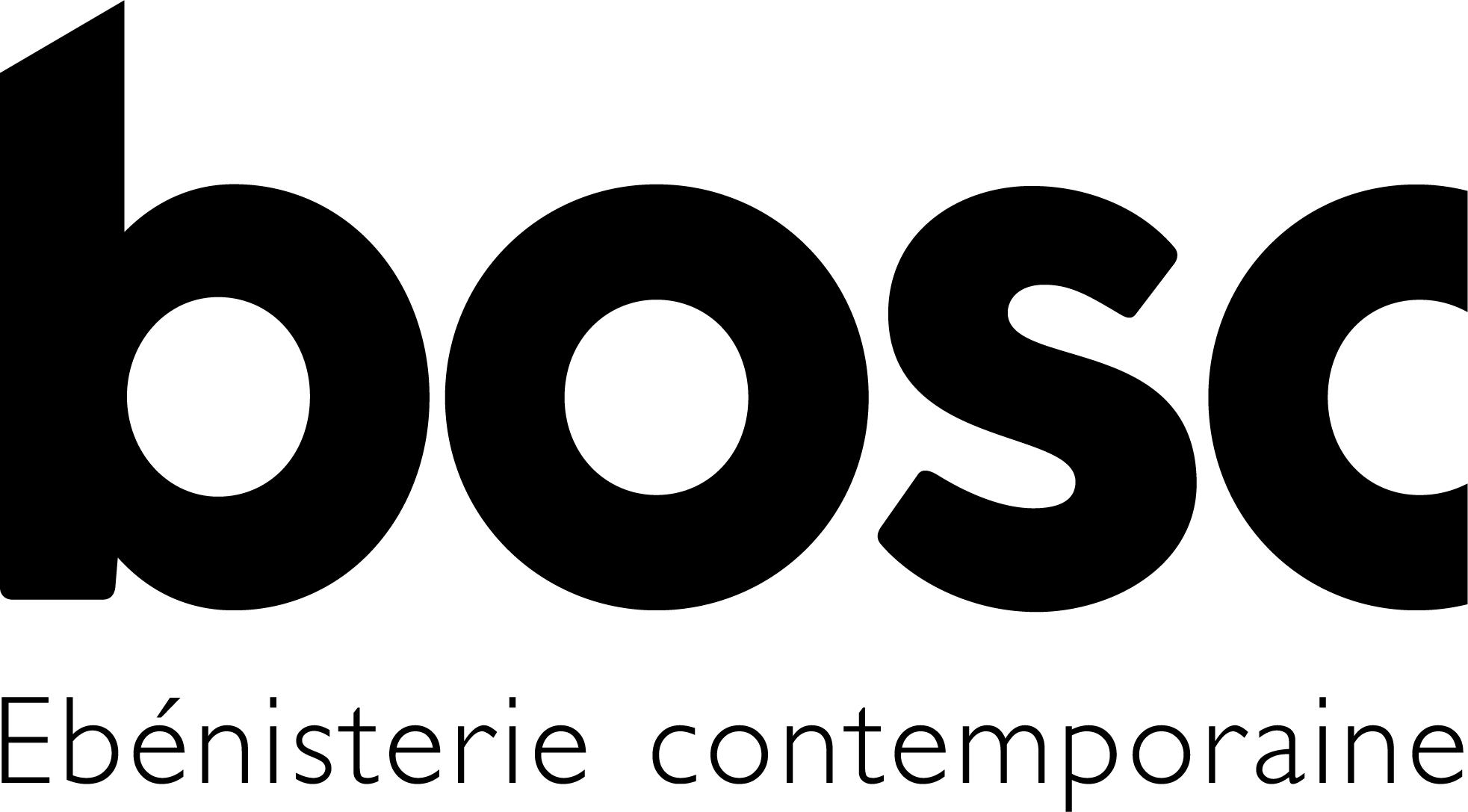Why interior designers are rediscovering 100% French furniture
Long shunned in favor of less costly alternatives from Eastern Europe, French manufacturers are back in favor with the most influential specifiers. This turnaround is not the result of economic patriotism or a passing fad, but of a profound transformation in professional expectations.
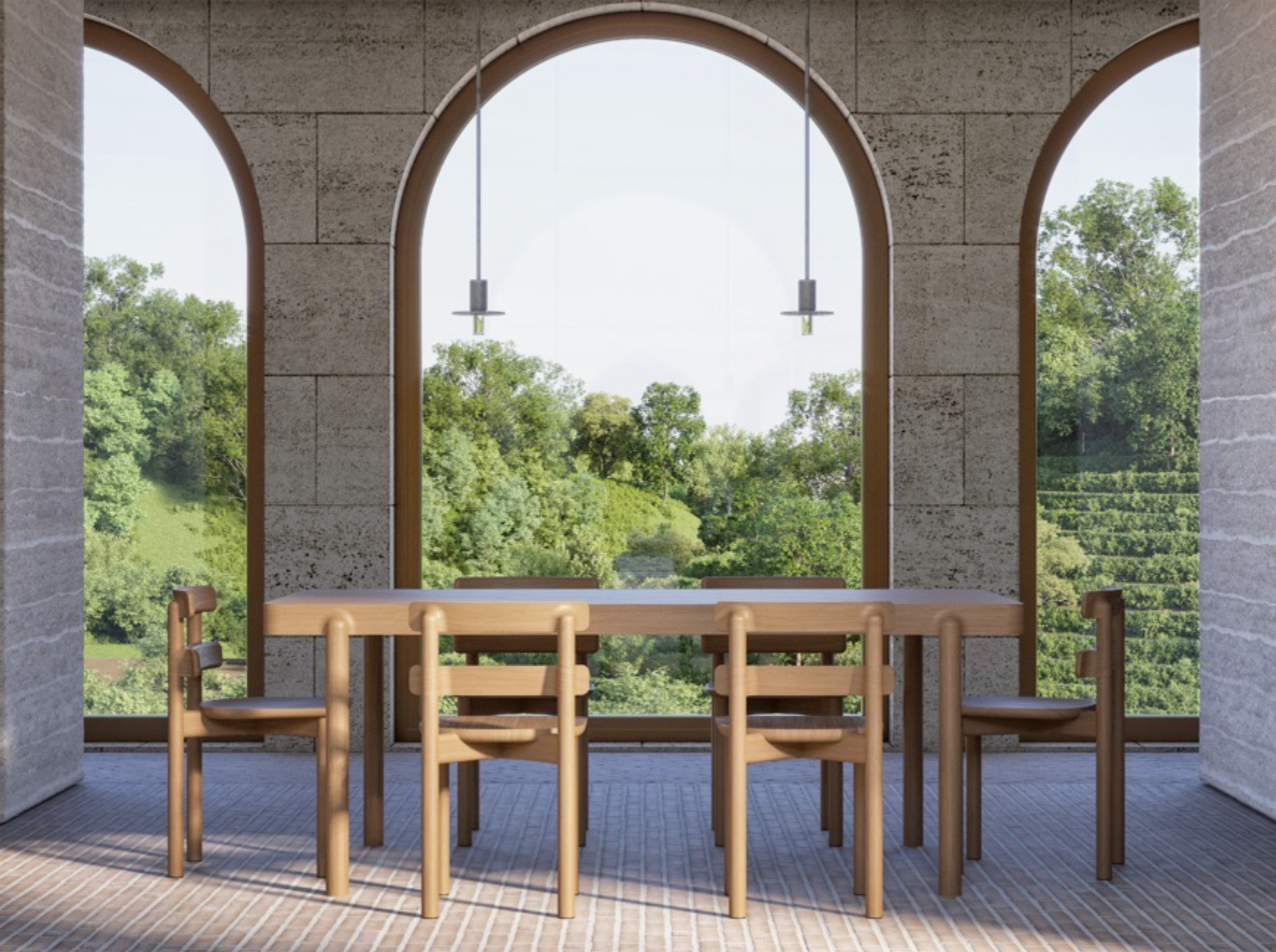
When proximity becomes a luxury
“I’d had enough of unpleasant surprises”, confides a Parisian architect specializing in high-end hotels. “Ordering furniture from Poland or the Czech Republic means playing Russian roulette with deadlines and final quality.” This frustration, shared by many of our colleagues, reveals the flip side of the globalization of professional furniture. Apart from a few exceptions, behind the attractive prices of Eastern European manufacturers often lie operational constraints that plague the day-to-day running of projects.
Haphazard delivery times that postpone the opening of a restaurant, finishes that don’t exactly match validated samples, the impossibility of last-minute alterations: these are all hassles that turn the initial savings into a logistical nightmare. The geographical proximity of French workshops radically changes the situation. Being able to physically visit the manufacturer to validate a selection or customization, adjust a finish or solve a technical problem becomes a major competitive advantage. “When I’m outfitting a hotel, knowing that my cabinetmaker is just a few hours away is priceless”, sums up an architect specializing in the renovation of châteaux-hotels.says an architect specializing in the renovation of châteaux-hotels.
The quality requirement that changes everything
French interior designers, trained to excel and accustomed to dealing with demanding customers, have developed a particular sensitivity to detail that makes all the difference. This expertise, honed on high-end residential projects, is naturally transposed to their professional achievements in the hospitality and service sectors.in the hospitality and commercial sectors. However, this attention to finish and durability collides head-on with the industrial philosophy of many Eastern European manufacturers. “We can’t explain to a customer why the color of his restaurant chairs varies from one delivery to the next”, explains a Lyon-based architect.
This consistency in quality, this ability to faithfully reproduce a color or texture, remains the prerogative of most French manufacturers, who have retained a craftsman’s approach even in their industrial processes. The difference also lies in design. Where Eastern European catalogs offer variations on standardized models, French workshops are more open to requests for customization, which is the DNA of the interior design profession. Modifying the height of a table, adapting the dimensions of a bench seat, creating an exclusive finish: these adjustments, impossible or very costly with most remote become natural with local partners.
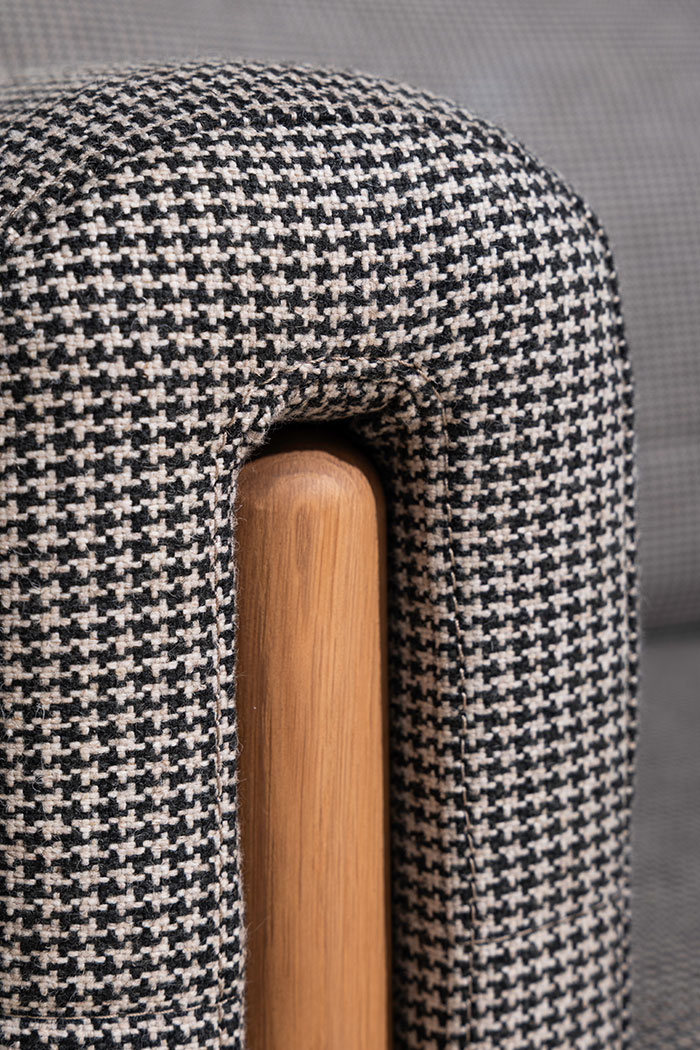
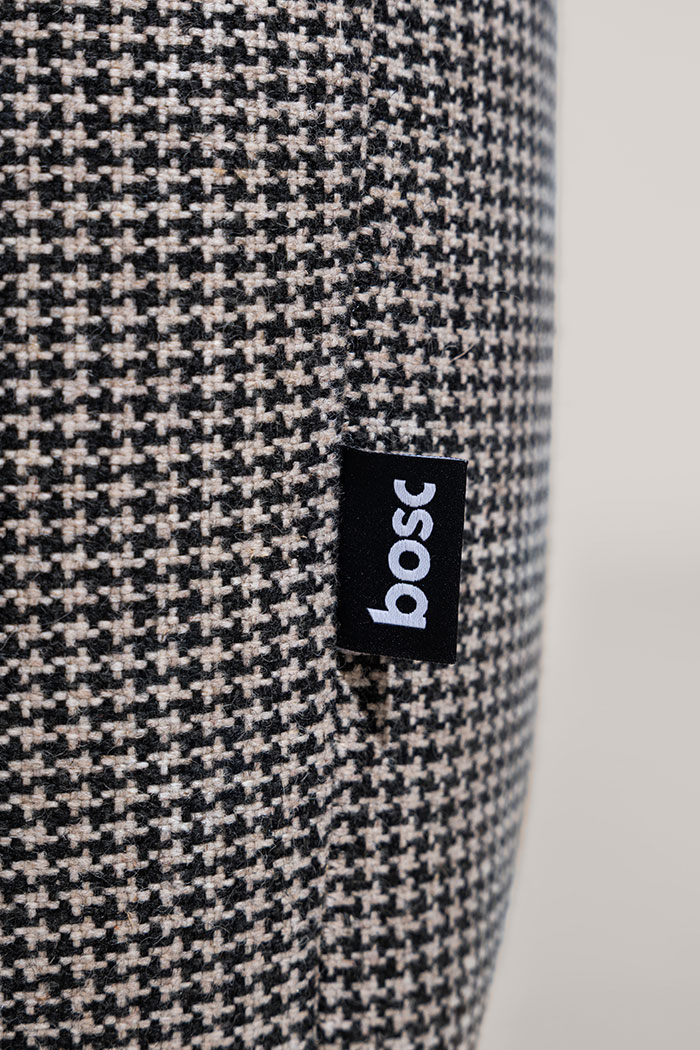
The time factor, the new economic order
The accelerating pace of projects in the hotel and catering industries is upsetting the traditional cost-time equation. When a hotel group buys out a rival establishment and wants to renovate it in three months for the summer season, or when a restaurateur needs to reopen quickly after work, responsiveness becomes more important than initial savings. French manufacturers, accustomed to working to tight deadlines with their architect customers, are better able to adapt to these time constraints.
Their ability to quickly mobilize their teams, reorganize their production schedules or deliver in successive phases is a decisive asset in a world where time is money. This responsiveness extends to after-sales service, a crucial dimension in the hotel and catering industry. A broken seat in a restaurant in the middle of service, a faulty table in a five-star hotel: these incidents call for immediate intervention, which only nearby suppliers can provide effectively.
A growing environmental conscience
The rise of environmental concerns is gradually transforming choice criteria in the professional sector. Building owners, aware of climate issues and concerned about their CSR image, are increasingly incorporating carbon footprints into their purchasing decisions. Transporting furniture from Eastern Europe generates a significant carbon footprint, which French manufacturers are emphasizing. But beyond this logistical aspect, it’s the entire production chain that plays in favor of Made in France: local wood sourcing, domestic processing, short distribution circuits.
This ecological dimension meets changing customer expectations. In charming hotels and gourmet restaurants, traceability and authenticity are becoming powerful marketing arguments. Being able to tell the story of a table made with oak from different French forests, by a craftsman based in the Landes region, adds a narrative dimension that is valued by both establishments and their customers.
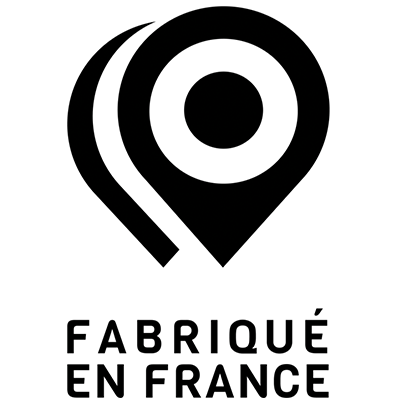
100% of our products are made in France in our Landes workshop.
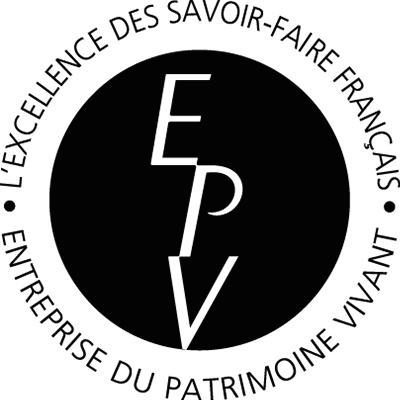
Our company has been awarded the Entreprise du Patrimoine Vivant (Living Heritage Company) label for the quality of its artisanal production.
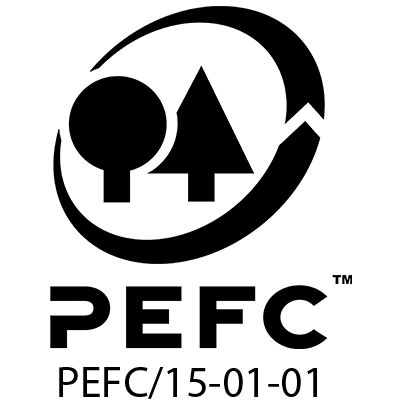
99% of our wood comes from French eco-managed forests.
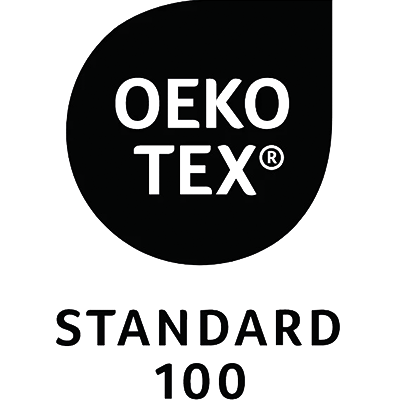
All our fabrics are OEKO TEX certified, guaranteeing the absence of substances hazardous to health.

All our fabrics are Ecolabel-certified to guarantee manufacturing processes that limit environmental impact.

Transporting our wood from French forests to our Landes workshop minimizes CO2 emissions.
The evolution of French know-how
Lnternational competition has forced French manufacturers to reinvent themselves and get back to basics. Forced to abandon price competition, they have invested massively in innovation, quality and service. This forced move upmarket has created a new generation of high-performance French workshops. These new-generation manufacturers skilfully combine traditional craftsmanship with contemporary tools. CNC machines for precision, hand finishing for soul, contemporary design rooted in technical expertise: they offer exactly what French interior designers are looking for in their most ambitious projects.
The economic equation in reverse
While the initial purchase price is generally higher with French manufacturers, the overall economic equation is gradually reversing in their favor. The superior durability of products, reduced transport costs, simplicity of commercial relations and responsiveness of after-sales service more than compensate for the initial extra cost. Some architects go even further, including the cost of risk and uncertainty in their calculations. Delivery delays that postpone the opening of a facility, quality defects that require costly rework, communication problems that increase the number of round-trips: all these contingencies have a cost that clients are beginning to quantify. The financial flexibility offered by French manufacturers is also a considerable advantage. The ability to adapt payment terms, to deliver in phases as work progresses, to manage modifications along the way: these are all facilities that simplify the management of complex projects.
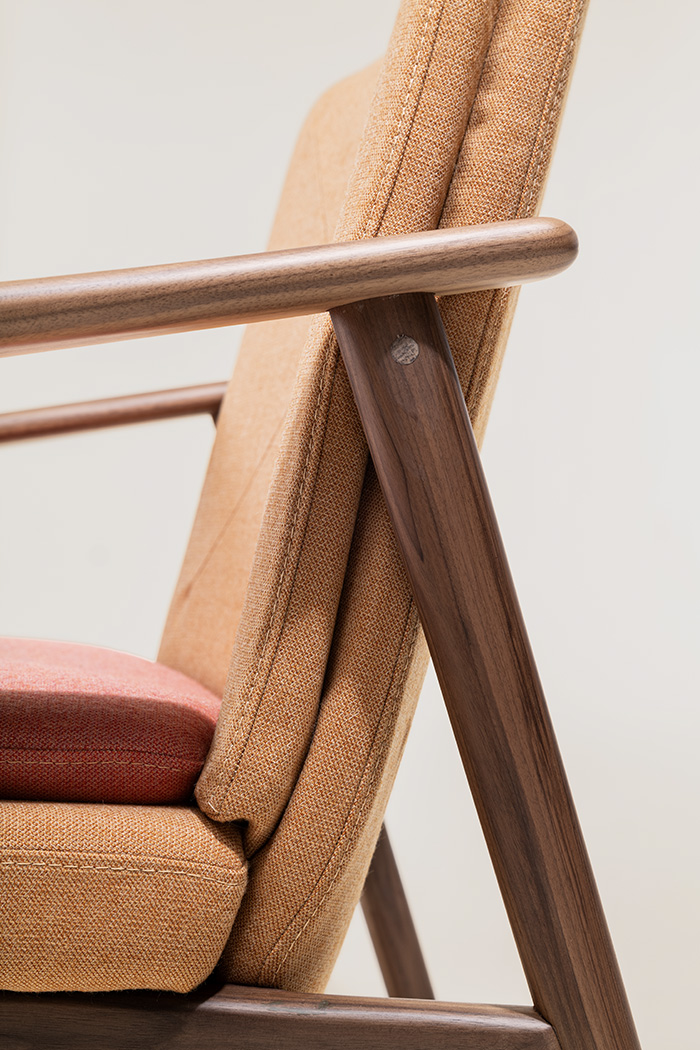
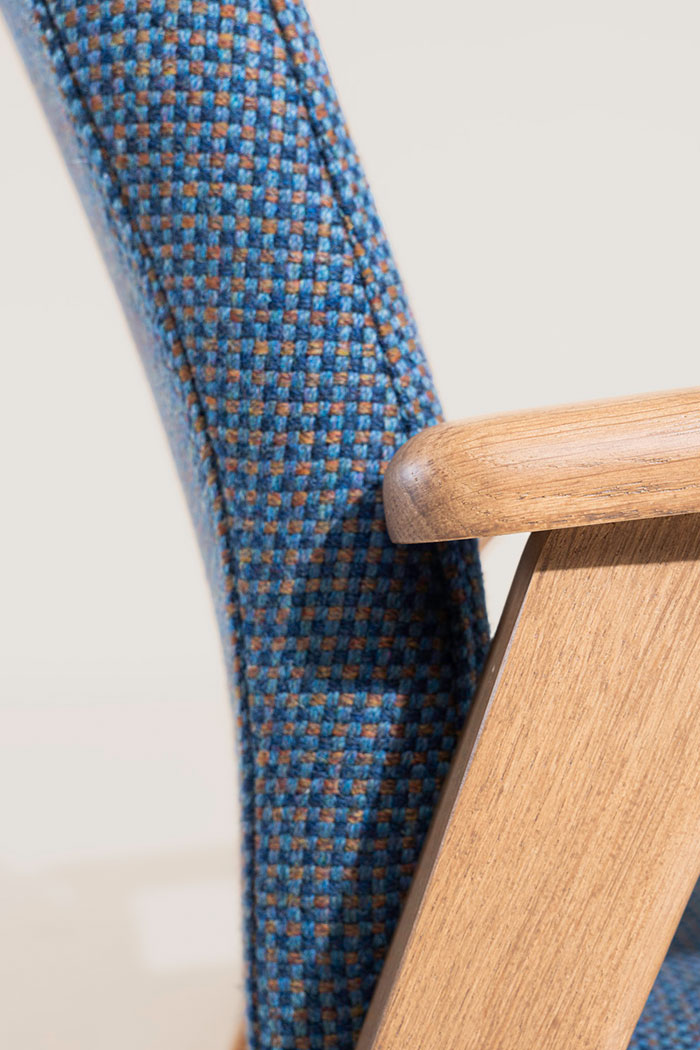
Towards French-style excellence
This move back to French manufacturers is not a retreat from France, but the affirmation of a differentiating model of excellence. French interior designers who make this choice are not renouncing competitiveness, they are redefining its criteria by prioritizing overall value over purchase price. This evolution is part of a broader trend towards the revaluation of local know-how and the search for authenticity in an increasingly standardized world.
It also illustrates the maturity of a profession that has learned from its experiences and now knows how to assess the overall performance of its partners. For French manufacturers, this recognition represents a historic opportunity to win back lost market share, provided they maintain the excellence that justifies this return to favor. For while the trend is reversing, it remains fragile and could be reversed again if promises of quality and service are not kept.
